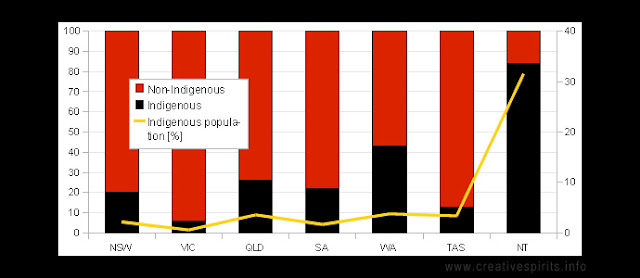Assuming you agree a new Constitution could be a good thing,
it’s worth asking what rules you would like to see relating to military action.
Under our current system, there is nothing terribly
democratic about the decision making process. Cabinet can pretty much do what
it likes.
Anything from any
government that mentions military action has to be a cause for concern.
The discussion draft of a new Australian Constitution
proposes we establish an emergency council, and allow for 3 types of situation:
·
Emergencies like bushfires
·
Definite attacks on Australia
·
Australia taking military action overseas
It tries to strike a balance between the reality that
sometimes we need to make quick decisions, and the desirability of robust
debate before making a military commitment.
The directly relevant sections of the draft are Sections 34 to 37 [Emergency Council]. S99 has something to say about Displaced Persons, Asylum Seekers and Refugees.
The directly relevant sections of the draft are Sections 34 to 37 [Emergency Council]. S99 has something to say about Displaced Persons, Asylum Seekers and Refugees.
Your input is needed! A new
constitution will only be adopted if it promises a better democracy. The draft
does not say we must not go to war, nor does it say we should – the focus is on
how the decision should be made.
It doesn’t matter whether you
agree or disagree with me about how best to combat terrorism, or when military
action is or is not justified.
Do you think Australia’s navy
should be used to turn back asylum seeker boats? Whether you agree or disagree,
how well do you think the draft provides for a democratic decision-making
process?
You can read the text of the draft here or PM me through the facebook page and I will happily email you a more readable PDF. The draft DOES need everybody's input, it is just designed to start discussions.
You can read the text of the draft here or PM me through the facebook page and I will happily email you a more readable PDF. The draft DOES need everybody's input, it is just designed to start discussions.
Please join the discussion if you agree Australia needs a new and more democratic constitution. If you don't want to use blogger, you can discuss the idea via facebook.















